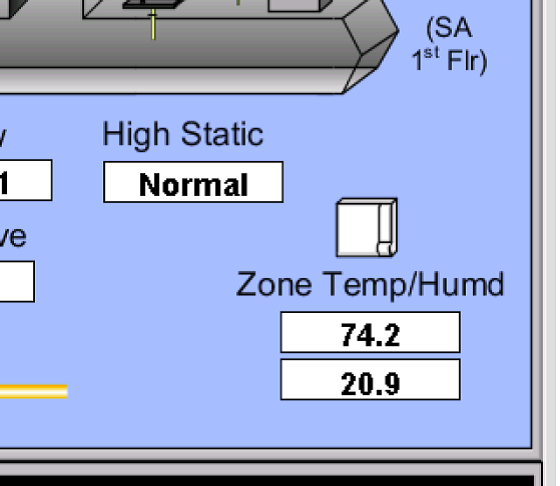At the National Conference on Building Commissioning (NCBC), it was very much apparent that the building commissioning industry is growing and evolving. Demand for commissioning is increasing among building owners and developers, new software tools and mobile apps are being developed to support cloud-based commissioning process management, and municipalities are adopting new commissioning requirements into their building codes, not only for building projects, but also for commissioning providers.
Commissioning requirements in building codes
In my view, one of the more profound topics of discussion at the NCBC was the expansion of commissioning requirements in new building codes, notably the International Green Construction Code (IgCC). The latest IgCC includes language that places building code enforcement responsibility on the building commissioning agent. Additionally, commissioning agents would be required to sign and seal documents reviewed by the commissioning team. The IgCC also incorporates an expanded scope of systems for commissioning, beyond the traditional scope of MEP systems. The expanded scope in the IgCC includes processes such as construction waste management, which is beyond the normal sphere of expertise of many commissioning firms.
Implications
The expanded scope and responsibility of commissioning in the IgCC presents significant challenges for commissioning providers. In particular, commissioning firms will likely need to seek expanded insurance coverage for liability. Furthermore, there is a move toward the professional certification of commissioning firms as a whole, rather than individual professionals. The new requirements of the IgCC are somewhat revolutionary, and it is important that adopted building codes are compatible with the service delivery capabilities of the commissioning industry.
New tools
One of the more promising developments in the commissioning industry is the availability of cloud-based commissioning software and applications. Several providers were in attendance at the NCBC and it was a great opportunity to discuss and compare the features of the different products and services. For the most part, the latest commissioning software tools and applications provide a unified organizational structure for commissioning documents, activities, and communication. However, there still remains the challenge of integrating these tools with the activities of other (non-commissioning agent) members of a project team. It is nice to be able to organize commissioning documents and processes within a paperless, cloud-based service; however, I am not yet convinced that yet another stand-alone software system will save time for a project team as a whole.
Collaborative tools needed
My vision for the future of commissioning tools and processes is one where commissioning activities are fully integrated with a single, high-level, design/construction management process adopted by the entire project team. The commissioning process and all its associated documentation could benefit greatly from moving from a paper-based process to a digital process that utilizes field tablets and cloud-based solutions. A digital process has the potential to increase efficiency and reduce paper waste; however it must be able to be easily adopted and embraced by all of the stakeholders.
Changes ahead
Integrating commissioning into building codes could help to increase building efficiency over a much larger section of building stock, but altering the building codes must be done thoughtfully and with input from the commissioning provider community. With all of these changes afoot, it’s an interesting time to be a building commissioning engineer!






